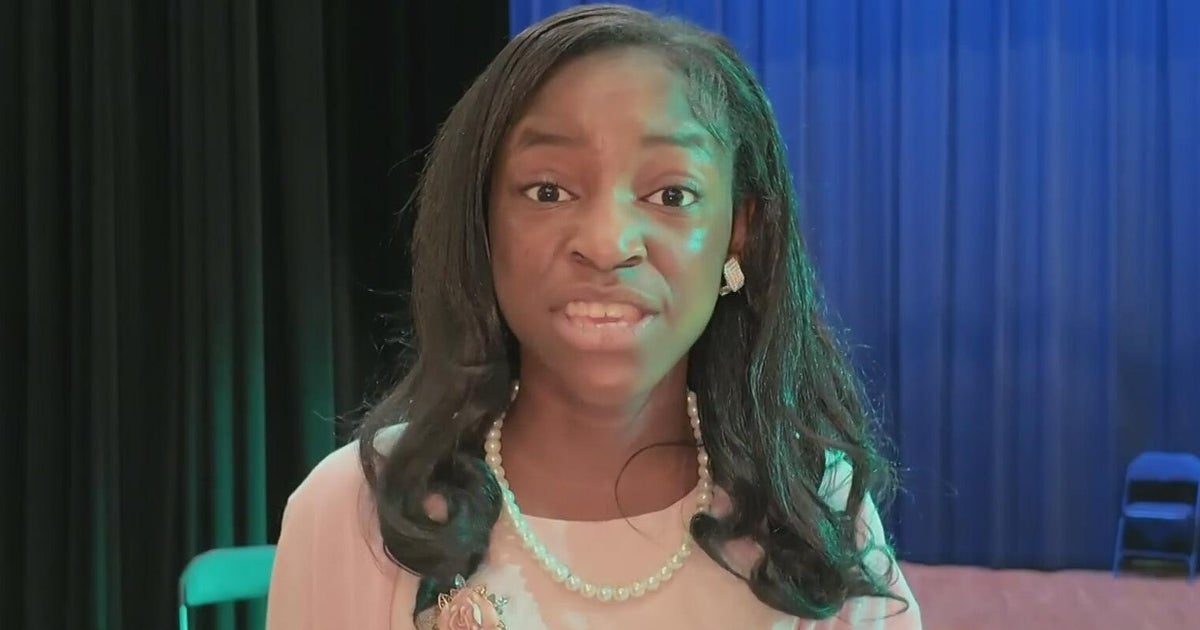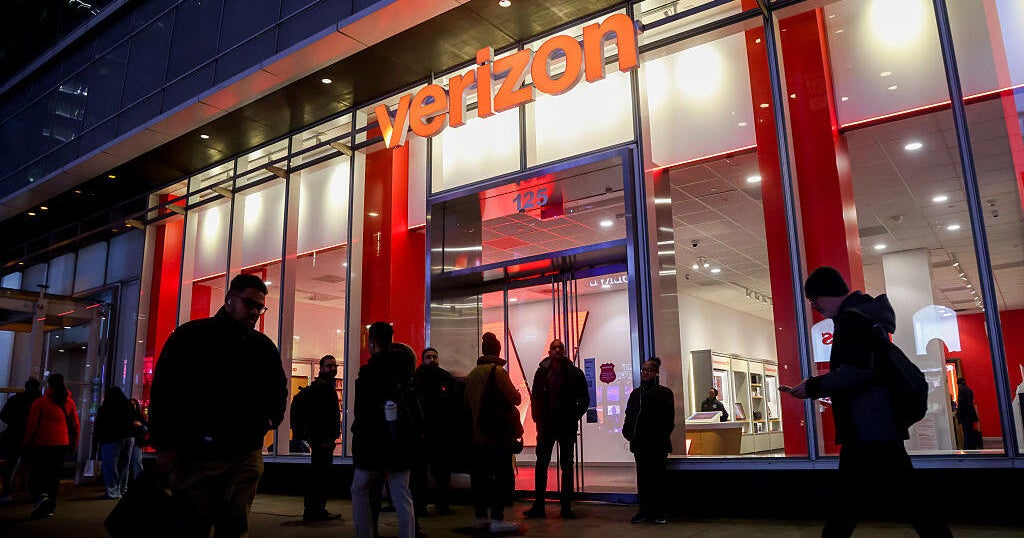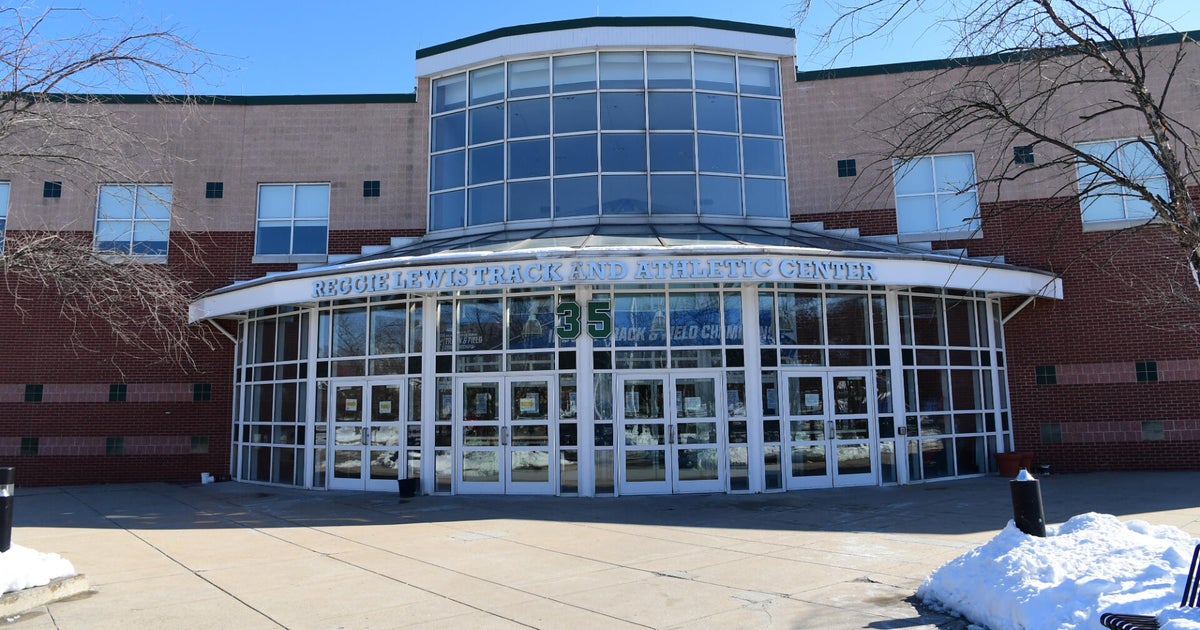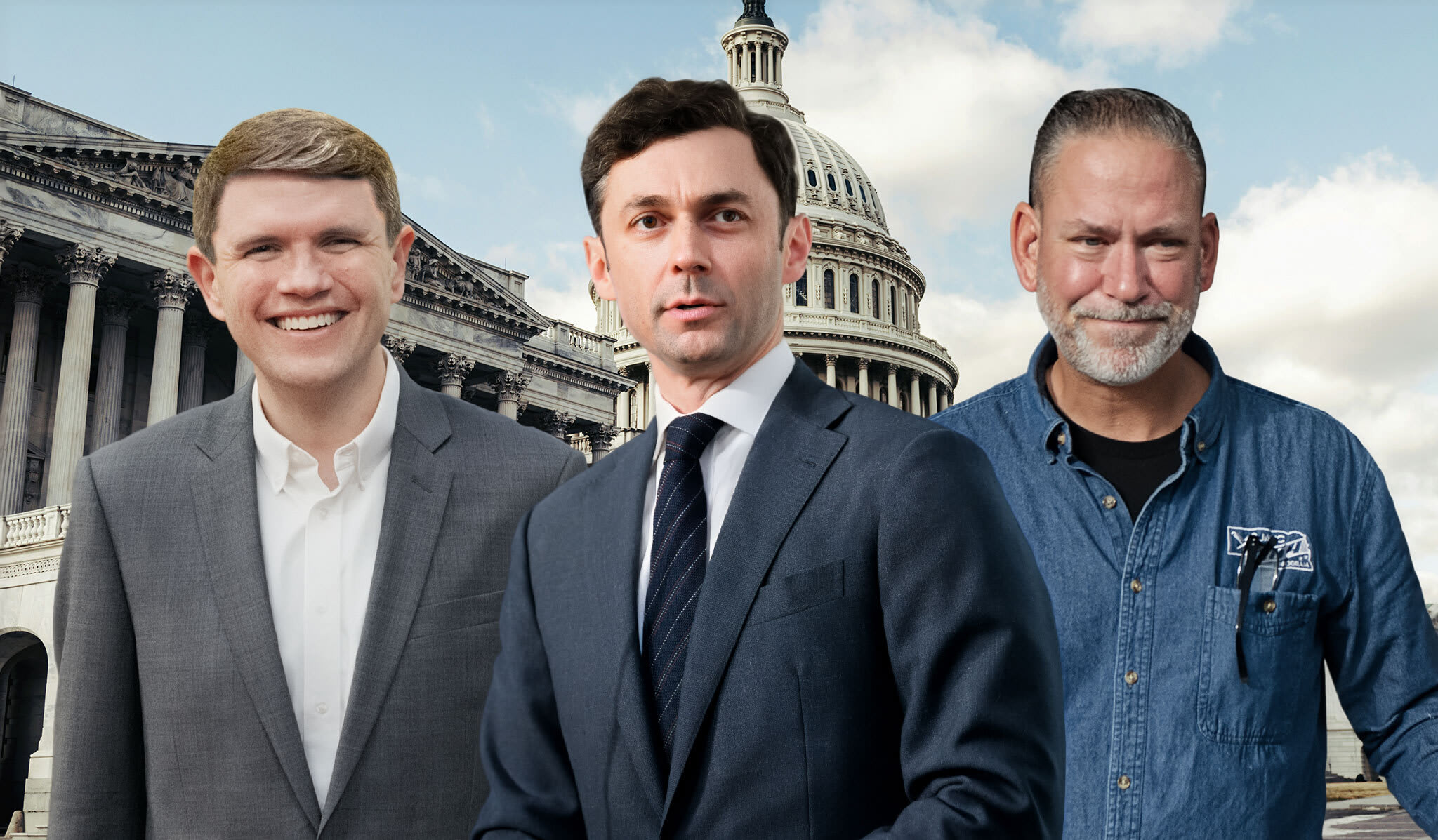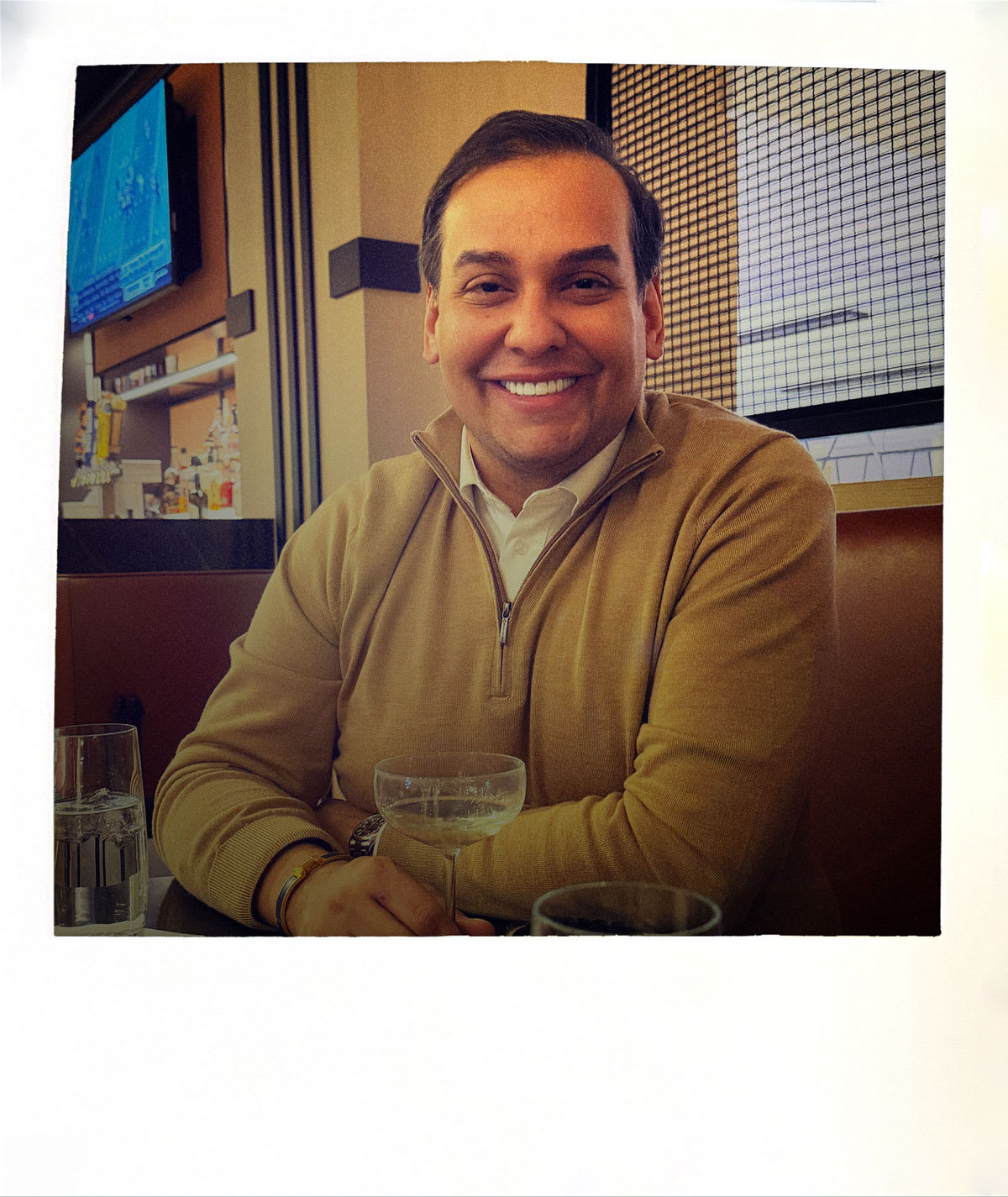How to watch Congressman John Lewis' funeral
A funeral for civil rights icon John Lewis is being held at the historic Ebenezer Baptist Church in Atlanta on Thursday following days of events honoring the late congressman, who died earlier this month at the age of 80.
Former Presidents Barack Obama, George W. Bush and Bill Clinton are all expected to speak at the service.
Lewis departed Washington, D.C. for the final time Wednesday after congressional leaders, political notables and members of the public visited the U.S. Capitol to bid good-bye to the man known as the "conscience of Congress." Lewis and his family then traveled to his adopted home of Atlanta, Georgia, to lie in repose at the state Capitol before his funeral.
How to watch John Lewis' funeral
- What: Funeral for civil rights icon John Lewis
- Date: Thursday, July 30, 2020
- Time: 11 a.m. ET
- Location: Ebenezer Baptist Church Horizon Sanctuary in Atlanta, Georgia
- Online stream: Watch live on CBSN in the player above or on your mobile or streaming device
Lewis helped organize the 1963 March on Washington and served in the U.S. House of Representatives for Georgia's 5th congressional district for 33 years.
Over the weekend, a service honored Lewis in his hometown of Troy, Alabama, before he made his final trip across Edmund Pettus Bridge in Selma — the same bridge he crossed more than 50 years ago in the march to Montgomery. Lewis suffered a fractured skull and was among dozens of people injured after police set upon the marchers. That day, March 7, 1965, would become known as "Bloody Sunday."
Dr. Martin Luther King Jr. called Lewis the "boy from Troy" when the two first met in 1958, according to the Associated Press, and their meeting kicked off Lewis' lifetime of activism. In 1961, Lewis was just 21 years old when he joined the Freedom Riders who rode public transportation to Alabama in an effort to integrate bus travel.
He remained an advocate for civil rights through the end of his life, and told "CBS This Morning" co-host Gayle King in June that he believed the nationwide protests that erupted after the death of George Floyd were a tipping point.
